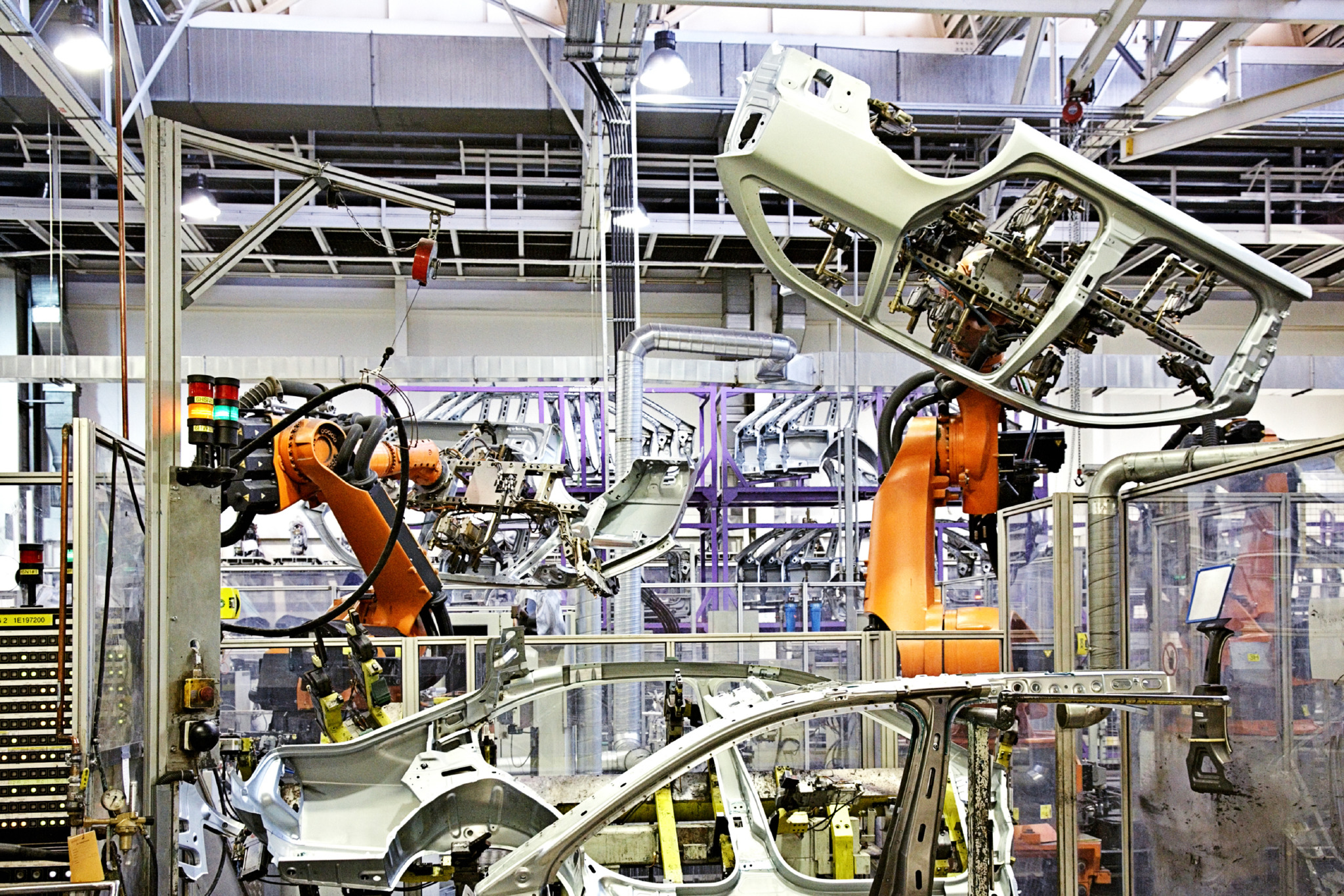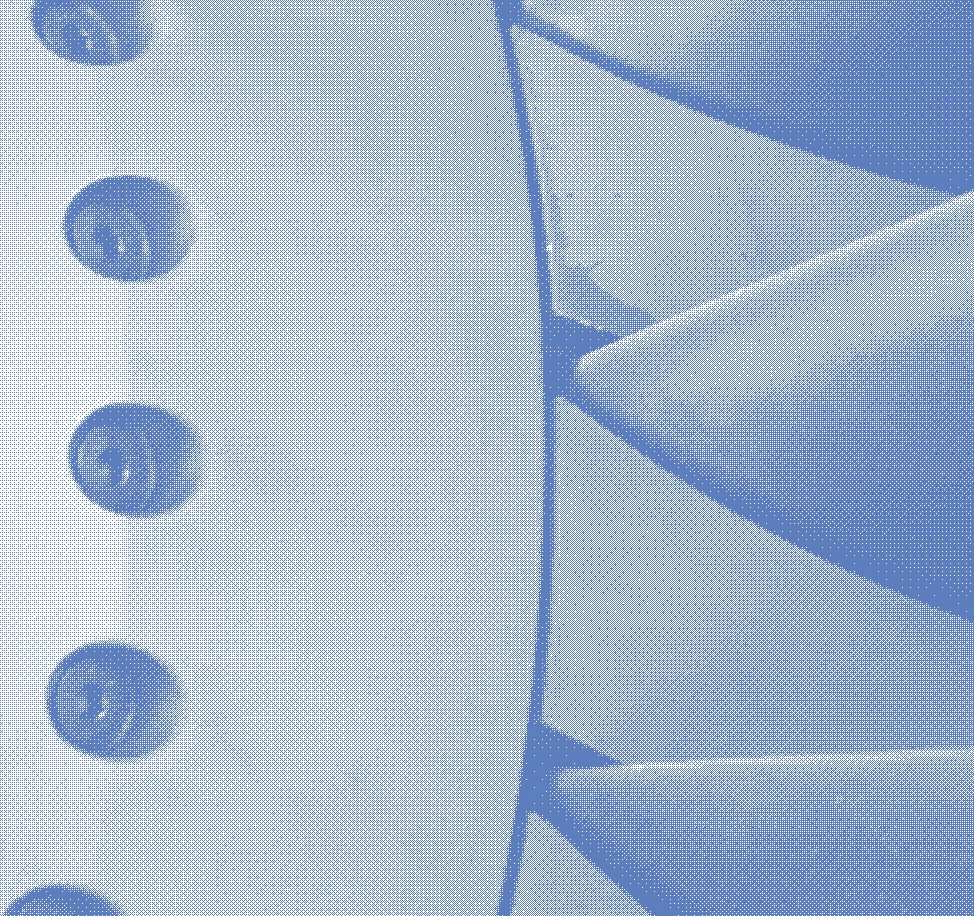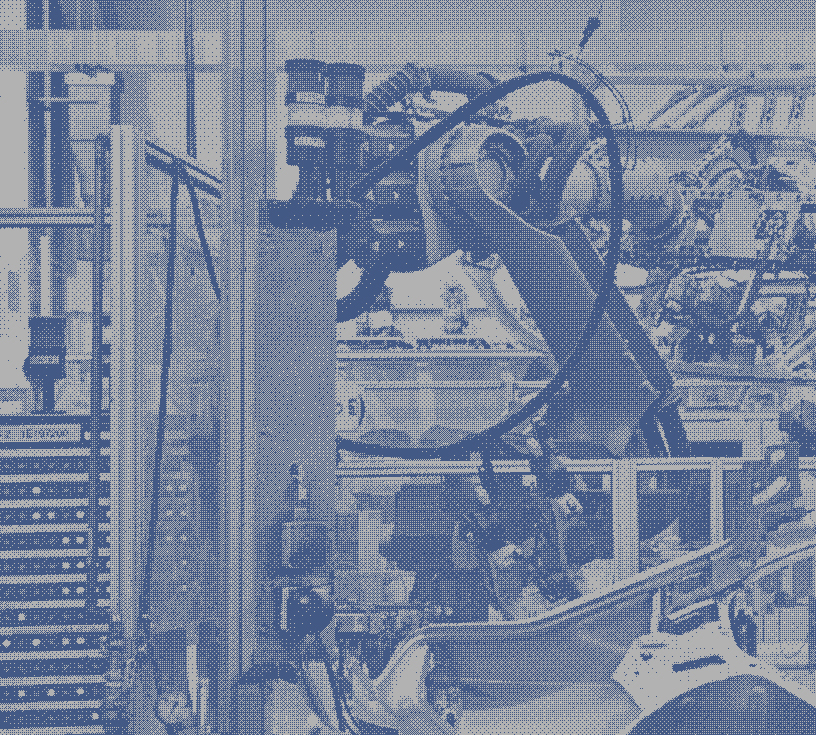



Research Projects
Titanium and Magnesium
Dynamic Strengthening of Magnesium Alloys

Magnesium alloys are the lightest metal structural materials, with high specific stiffness and specific strength, and therefore it is attractive in industries such as aerospace, where weight reduction is desired.
AZ80 magnesium alloy has excellent mechanical properties without expensive Zr and rare earth elements. However, its strength is much lower than aluminium alloys. Precipitation hardening is an effective strengthening mechanism. Since there is no GP zone in AZ magnesium alloys, the primary second phases of AZ alloy are α-Mg, and β- Mg12Al17. The main strengthening phase is the plate-like continuous precipitation β-Mg12Al17 precipitated in the crystal. While the discontinuous precipitation β- Mg12Al17 competes with continuous precipitation and grows on the grain boundary, its lamellar phase coarsening makes the strength of AZ alloys tend to be constant, which reduces the ageing response. Therefore, how to reduce discontinuous precipitation negative effect in AZ80 is an important project.
Deformation can increase ductility because deformation shear stress produces twinning. Moreover, it causes a higher density of dislocations for the precipitation phase to nucleate. This project investigates how deformation affects continuous and discontinuous precipitation growth, and the result shows that the rolling process can suppress the discontinuous precipitation fraction.

